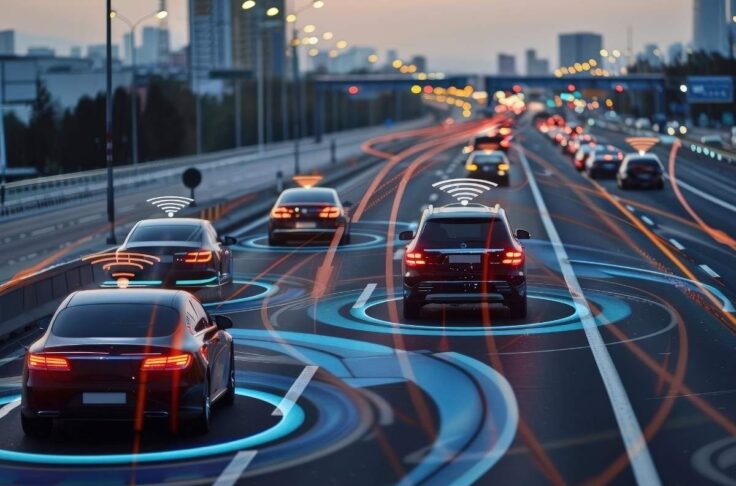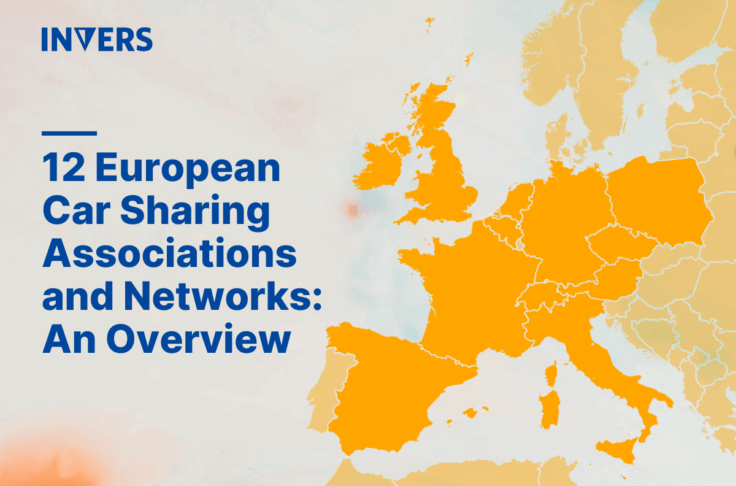Cities and Their Role in the Evolution of Mobility
Summary
This post highlights the mobility landscape in different city archetypes, and summarizes the findings from McKinsey & Company’s study found here.

Mobility is changing. How people get from A to B is looking different than it did just 5 years ago. With technology developing at a staggeringly amazing pace, mobility has benefited with improvements as well. For example, you can now hail a taxi through an app and not have to wait in queue on the phone. Similarly, biking has become a more popular way to commute, especially with the development of bike lanes. With the growth of new mobility options like carshares and autonomous vehicles, what does this mean for cities who need to adopt to these mobility changes, or for the end user? What will be the “normal” way to get around?
If we go back to the basic definition of mobility, the Cambridge Dictionary defines it as “the ability to move freely or be easily moved”. The dominant form of mobility that has become commonplace is the personal vehicle. As a result, cities have been built around the need for roads, with less consideration for non-motorized forms of transportation like walking and biking. The consequence of that decision is congested streets and concerns that continued population growth will further the detriments of a city’s liveability.
Fortunately, cities are realizing the importance of managing transportation choices and adopting policies that discourage the use of personal vehicles. McKinsey & Company “reviewed the long-term transportation plans for more than 25 major cities, [and] we believe there is a clear trend to create incentives that make public-transit, biking, and shared-transportation options more available and attractive.”
Cities play an important role in shaping people’s mobility decisions because of their influence on policies and urban design. Favourable policies that support on-street parking for carshares would reduce their operational costs and break down the barriers in scaling the service throughout a city. Similarly, ride-hailing services would benefit from policies that adopt to the workflows of new transportation options.
It is apparent that collaboration among public and private sectors is necessary to move mobility forward. Whether mobility looks more like the sharing economy or maintains to be a private-held form of transportation, governments need to be aware of where the innovation is heading, and how they can plan for the impact it will have on cities. Similarly, the private sector would benefit from conversations with their respective government so they can work towards meeting unmet demands or working through unfavourable regulations.


